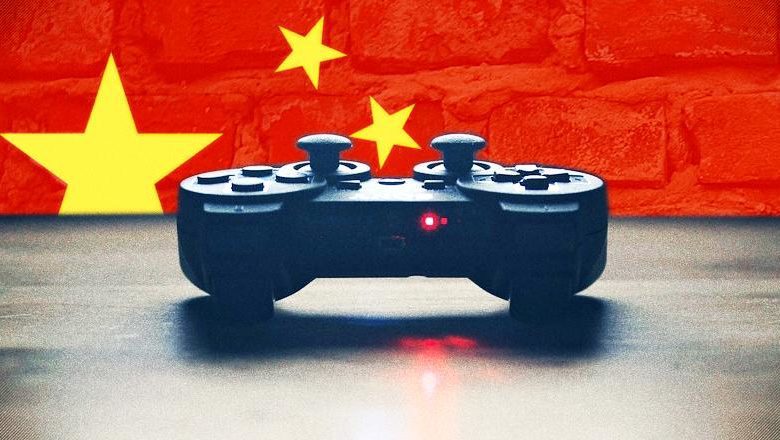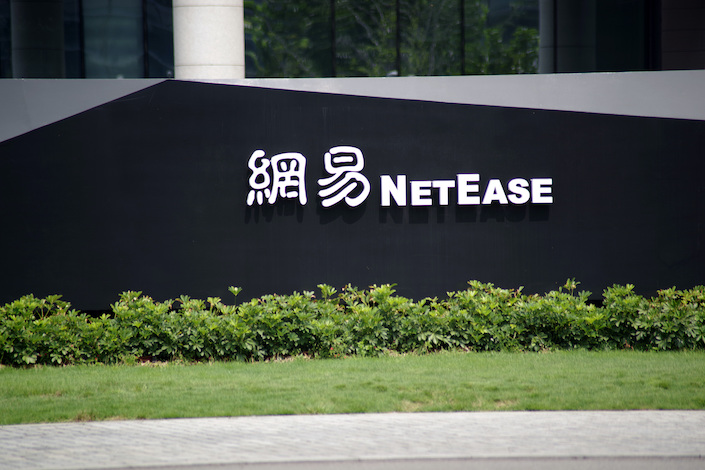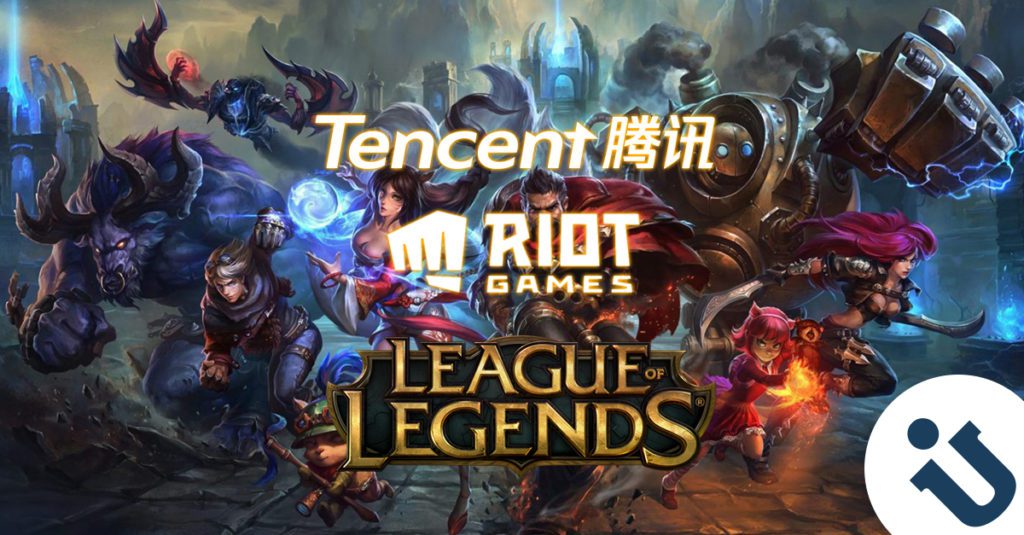How China’s video game restrictions impact the global market
China's strict regulations on video games could mean aggressive expansion from Chinese tech companies into foreign markets.

Setting the Stage
As of August 31, a new law in China restricts children from playing video games for more than three hours per week. This new regulation limits the hours children can play video games to only 8 and 9 p.m. on Fridays, weekends and public holidays. This is the latest restriction in China’s campaign to limit the domestic influence of technology companies. The Los Angeles Times reports that the Chinese government’s concern is that these companies, “may have an outsize influence on society.”
Previously, China implemented a regulation that allowed children to play video games for an hour and a half per day and three hours on public holidays. While still strict, this law was not nearly as harsh. However, since 2014, the revenue growth for domestically developed video games has been in a steady decline. The one exception was 2020. The increased growth rate of sales revenue from 2019 to 2020 is likely part of what prompted the tougher regulations imposed this year.
Impact on Domestic and Foreign Markets

The tightening regulations severely hurt major Chinese tech companies, such as NetEase and Tencent. By restricting access to video games, the demand for these companies’ products dramatically decreases. As a result, both NetEase and Tencent face plummeting stock prices as reported by the Los Angeles Times.
The economic effects of China’s gaming regulations don’t end at their borders, however. With both companies struggling domestically, they now must look overseas. According to an article from Bloomberg, NetEase and Tencent are fiercely competing to get a foothold in Japan and North America. One method they have been employing is producing Japanese anime. Since anime is widely popular across Asia and the United States, both companies see major potential in this area.
Within the gaming industry, Tencent and NetEase compete in fostering relationships and making deals with Japanese companies. Bloomberg also reports that Tokyo-based industry analyst Serkan Toto took notice of this trend.
Tencent and NetEase have been speaking to just about all publicly traded studios here and are actively courting some privately held developers, too. They both feel pressure to make headway in Japan, especially since game regulations in their home market are becoming increasingly restrictive.
Serkan Toto
NetEase’s Global Strategy
One example of how NetEase in particular hopes to capture the Japanese market is in their efforts to sign Toshihiro Nagoshi. NetEase hopes to utilize the name value of the former Chief Creative Officer for SEGA by placing him in charge of an independent team of developers. Nagoshi brings a rich history of developing successful games like Yakuza, so his influence could create tremendous growth for the Chinese company.

The efforts to sign Nagoshi isn’t the first time NetEase sought to hire an industry veteran. While they are rapidly expanding the campaign to establish a Japanese market, NetEase has been at it for years. According to Bloomberg, NetEase established a console game development studio in Japan last summer. In addition, they hired Tetsuya Akatsuka from Bandai Namco to head the studio.
NetEase already proved to be successful in Japan with their original title Knives Out. Knives Out is a battle royale game similar to Fortnite and PUBG. Although Knives Out is not well known in the United States, it is widely popular in Japan. According to VentureBeat, the game made $465 million worldwide in 2018. Japan accounted for 80 percent of the revenue that year, a total of $370 million.
Tencent’s Global Strategy
Although NetEase plans to employ a more hands-on strategy with focus on in-house titles, Tencent places a higher emphasis on investment. PC Gamer provides a list of every company Tencent has investments in. Tencent has a stake in a variety of major video game companies including Activision Blizzard and Ubisoft. Although they only own 5 percent of the aforementioned companies, they still provide Tencent a significant source of revenue.
While owning shares of two of the most recognizable game publishers is impressive, that fact pails in comparison to what else Tencent owns. They own 11.5 percent of Bluehole and 40 percent of Epic Games. This means that Tencent profits off Fortnite, PlayerUnknown Battlegrounds and Call of Duty Warzone: the three most popular battle royale games.

Tencent’s largest investment is with Riot Games. In 2011, Tencent acquired 93 percent of the company for $400 million. By 2015, they seized the remaining equity, becoming Riot’s sole proprietor. Riot Games is primarily known for developing League of Legends, the most popular PC game in the world.
Future Predictions
China’s continuing crackdown on its domestic gaming industry will only further push NetEase and Tencent into foreign markets. Although Japan is currently their primary focus, both companies have ambitions of developing global brands. It’s reasonable to deduce that these firms will pursue even further outreach across North America and Europe.
As of now, neither of these companies are household names in the United States. Although Tencent does in fact own large percentages of popular games, they rarely interfere with the developers. Due to their successful business model, it’s unlikely that pattern will change.
On the other hand, NetEase will likely continue to grow their own independently operated development studios. For now, they have their sights set on Japan; however, I would not be surprised if they expanded their reach to the United States within the next several years.
In the global economy we live in, the ripples from one nation’s domestic policies can be felt across the world. China’s crackdown on how long children can play video games is no exception. China’s market penetration around the globe will only continue to grow as a result of this decision. With their major tech companies NetEase and Tencent essentially being forced to aggressively capture foreign markets, the Chinese government will inherently profit through taxes.

